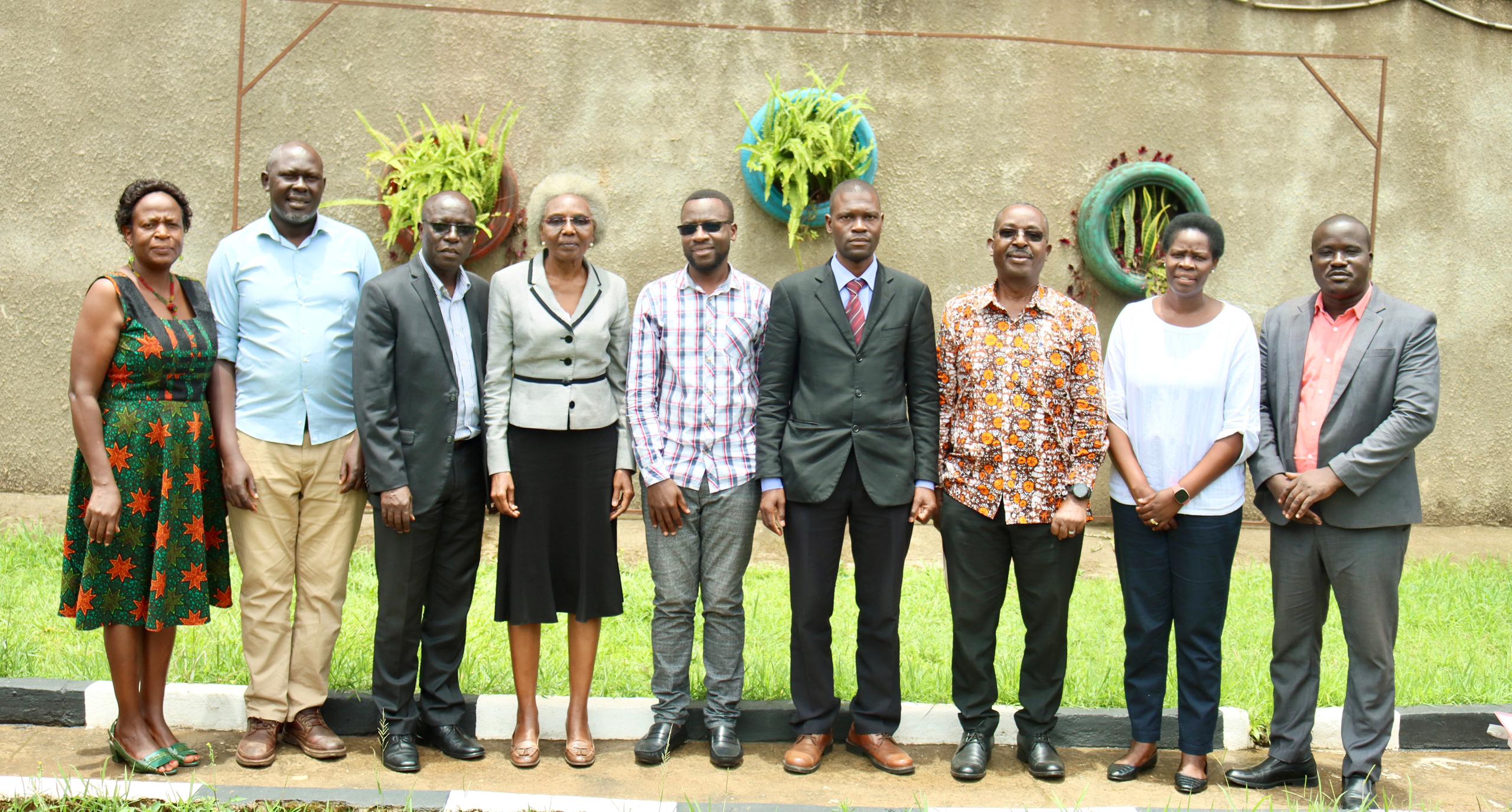
Accountability is Key, but Relevance is Desirable.
Civil society, the world over, is considered a force for good. NGOs, an integral part of civil society organizations, play a variety of roles in development and social change processes. In Uganda, civil society organizations more broadly and the NGO sector specifically are widely recognized in the humanitarian, development and advocacy spheres (Arthur Larok, 2023). Despite their contribution, NGOs in Uganda like elsewhere are coming under greater public scrutiny and criticism questioning their value-add.
In 2006, NGO leaders in Uganda thus developed tools and initiatives to rebuild and enhance their public legitimacy through a self-regulatory mechanism – Quality Assurance Certification Mechanism (QuAM). While meeting on 5th April 2024, at UNNGOF offices, the QuAM Council made a clerical call to NGOs in Uganda to not only focus on being trusted and accountable to their donors, but also be impactful to the constituencies they serve. “How is civil society situated to guide the discourse on socio-economic and political developments in the country. We want to see organisations not only being accountable and trusted, but also transforming lives of communities for whom they receive resources” said Ms. Hellen Grace Akwii Wangusa, Chairperson QuAM Council.
Dr. Moses Isooba, the ED-UNNGOF emphasised UNNGOF’s commitment to building a coherent and respected sector using QuAM and called for frugality within the sector to ensure QuAM attracts resources if its mandate is to be achieved. “What NGOs are interested in is how they are going to attract resources. As promoters, we want to make sure that QuAM practically responds to this question” said Moses.
The Quality Assurance Certification Mechanism has 60 standards that help NGOs to not only be accountable and ethical, but also credible to donors and the communities they serve. For more information about QuAM, please email info@ngoforum.or.ug



